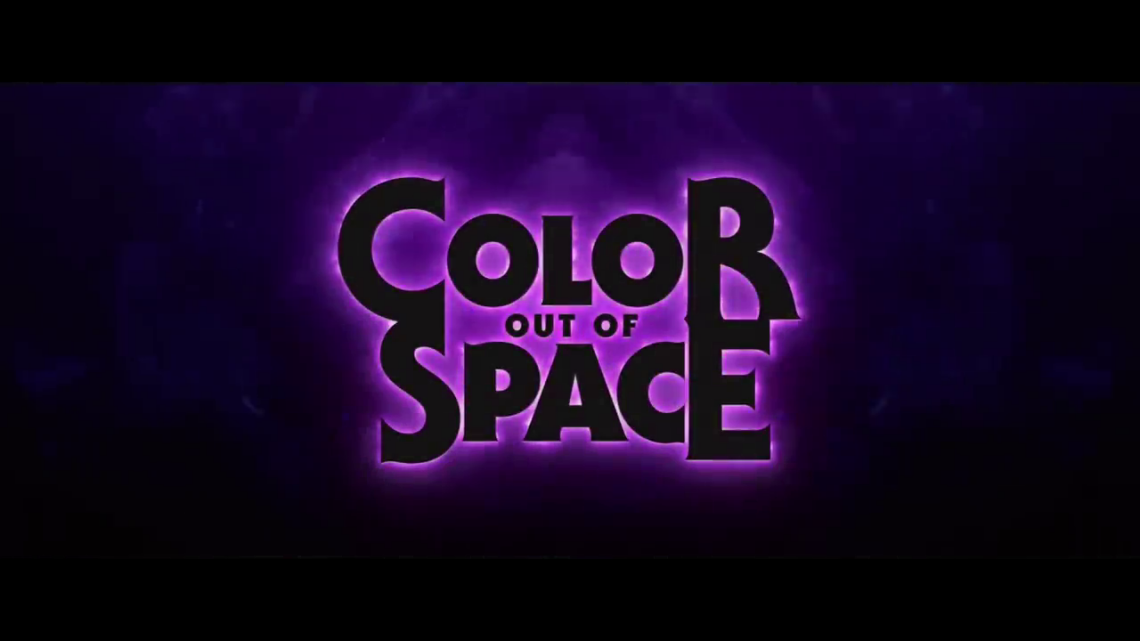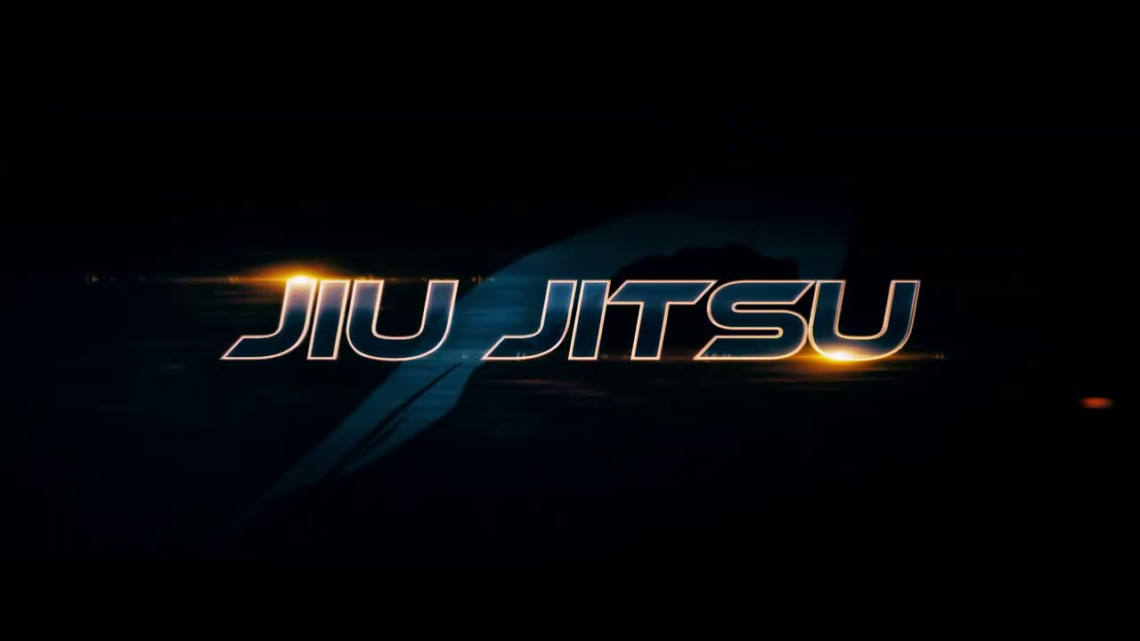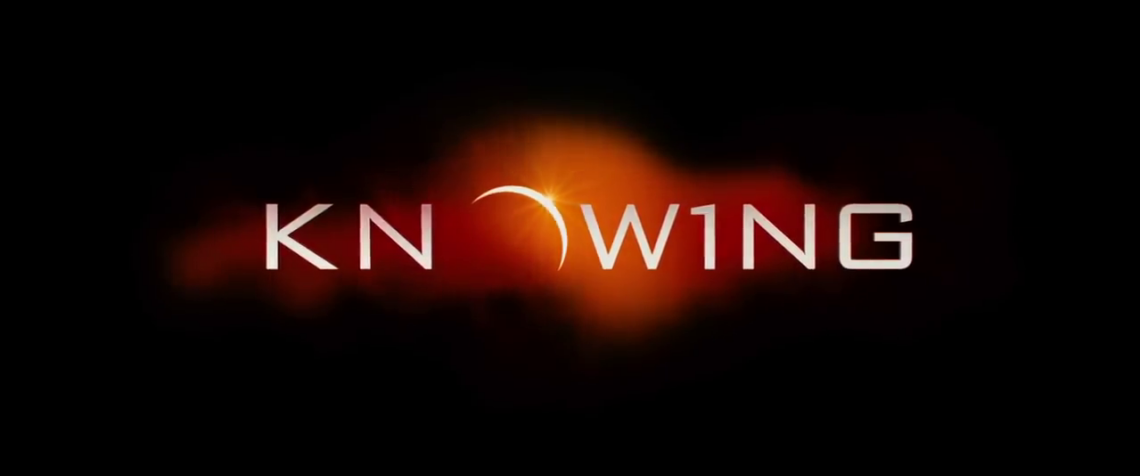-
#652 – Color Out of Space (2019)

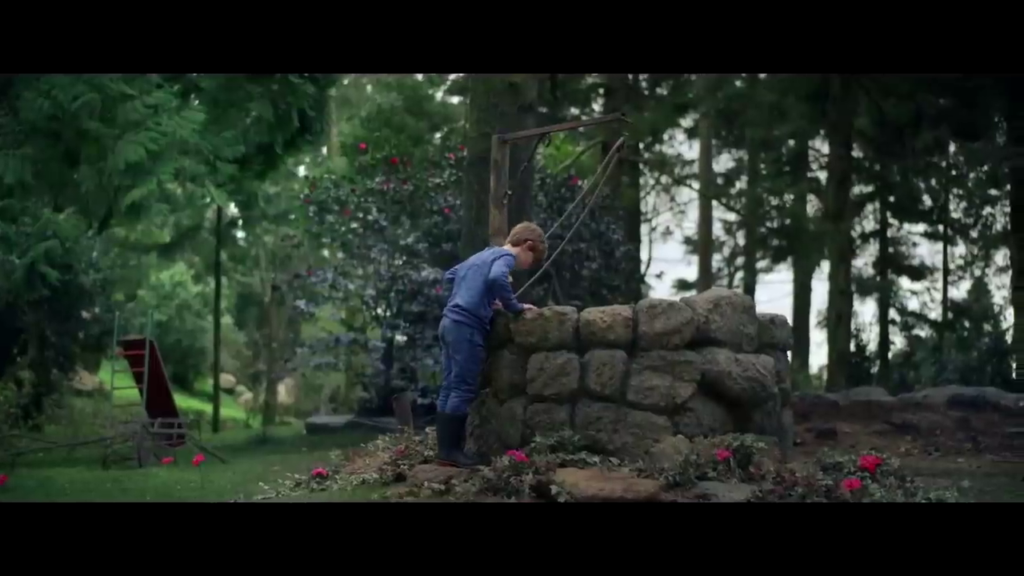
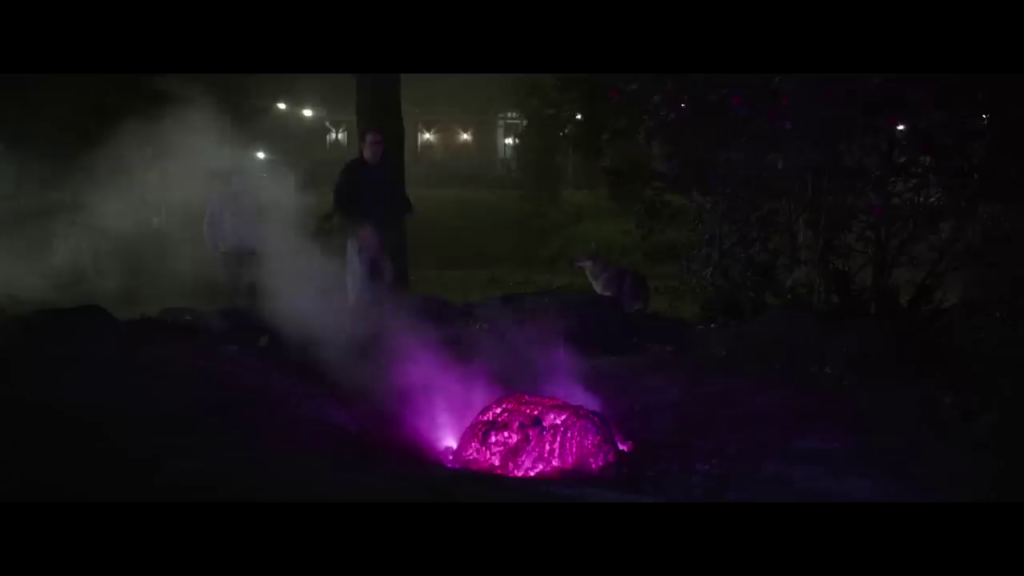
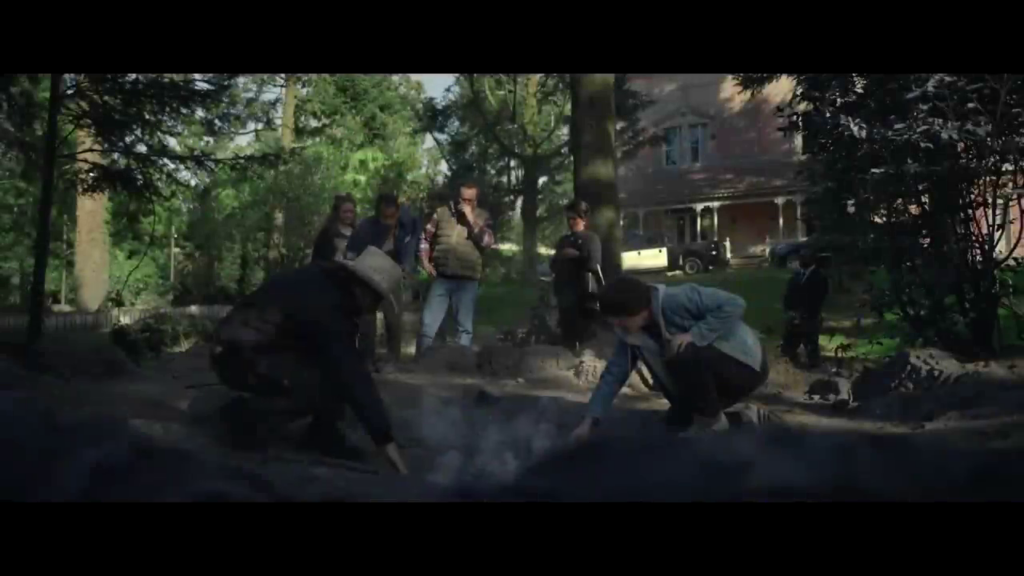
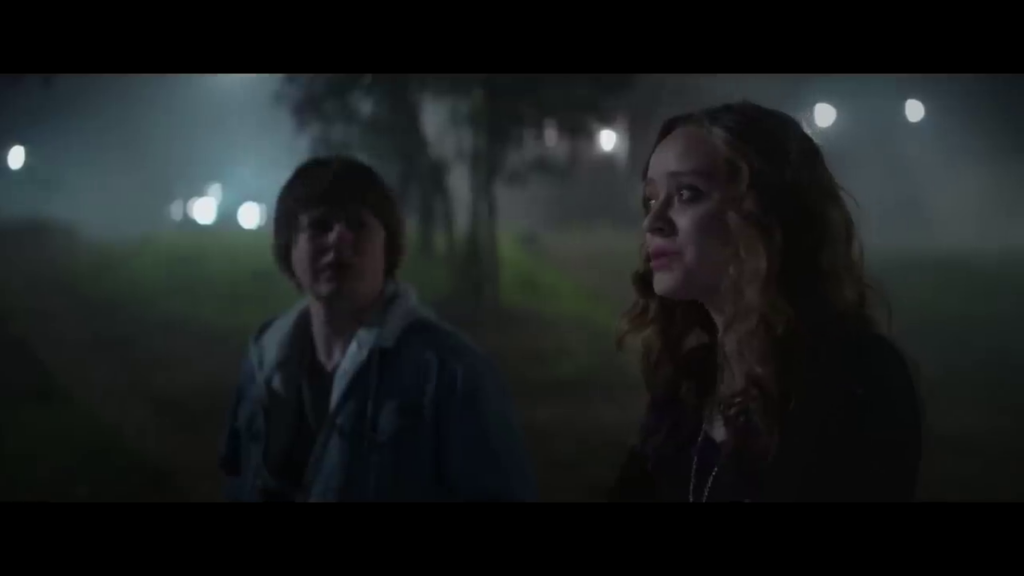
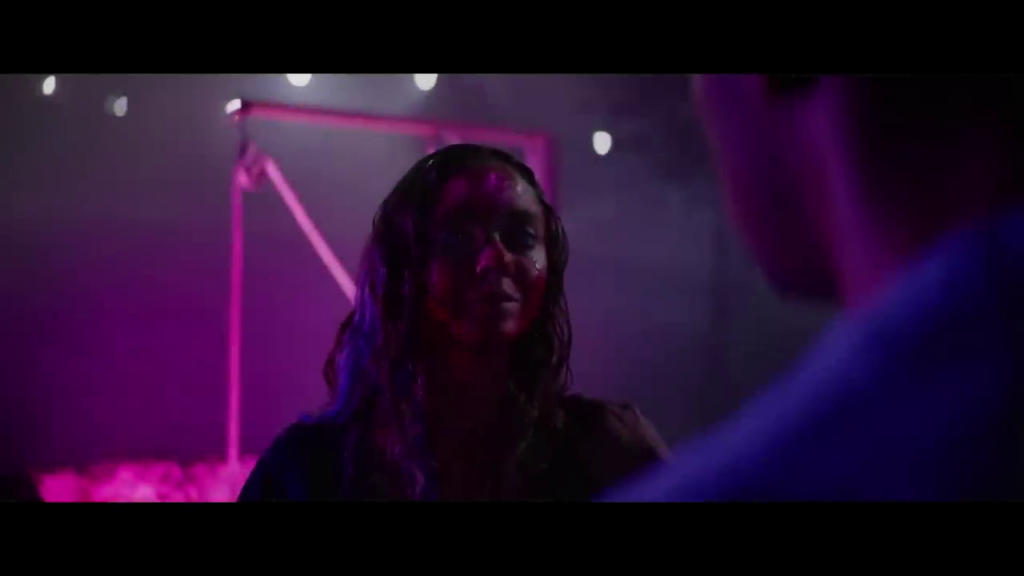
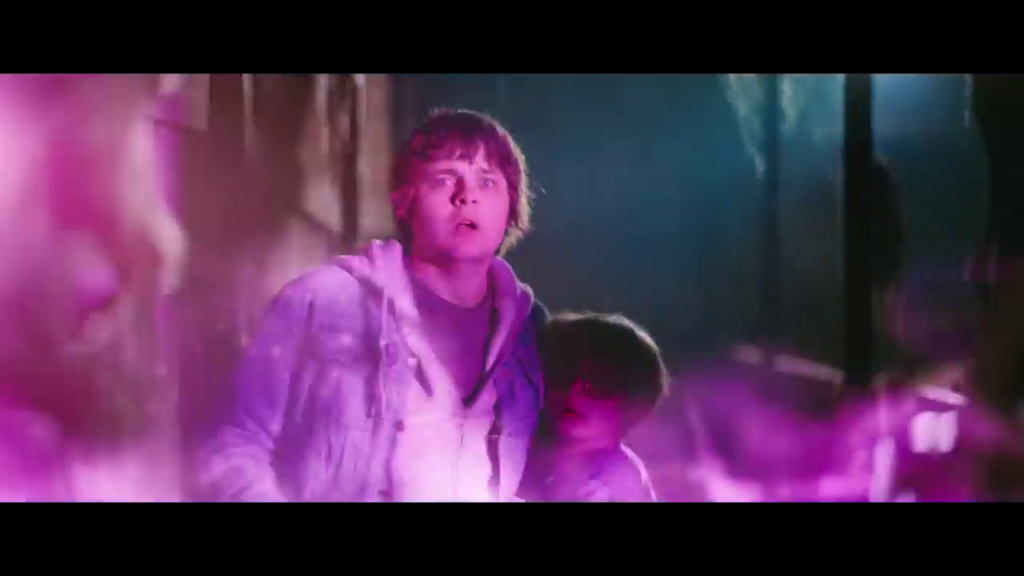
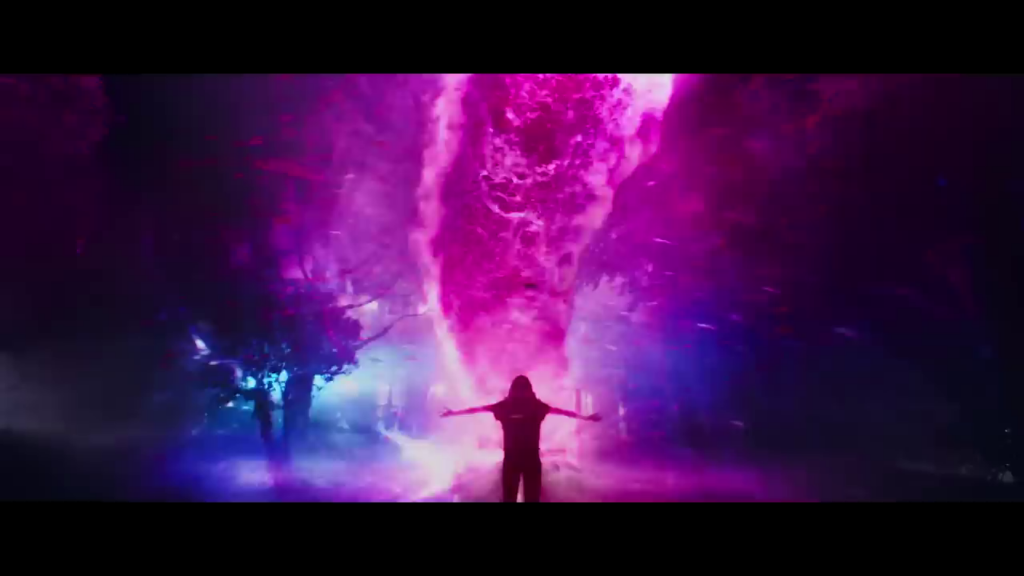
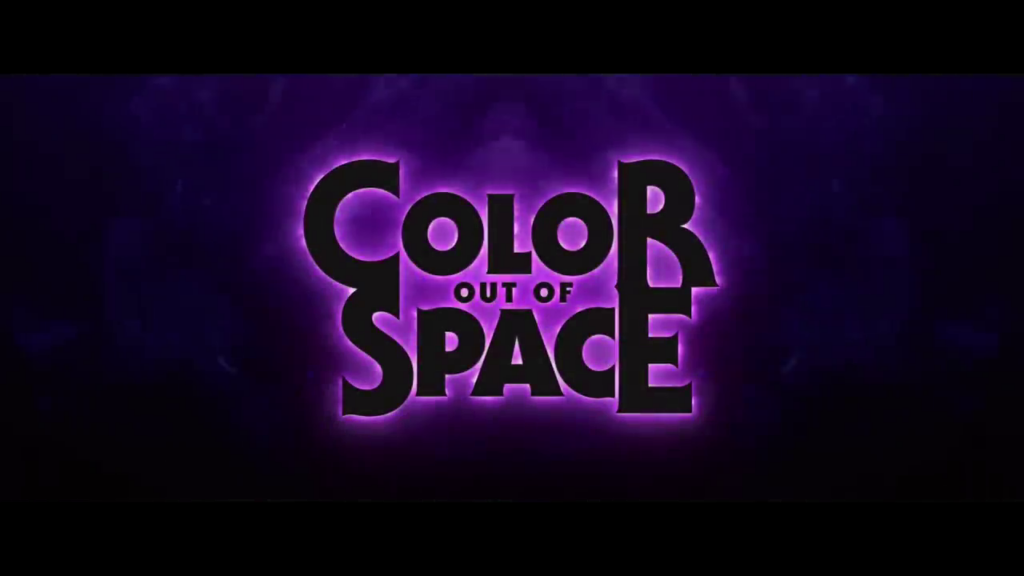
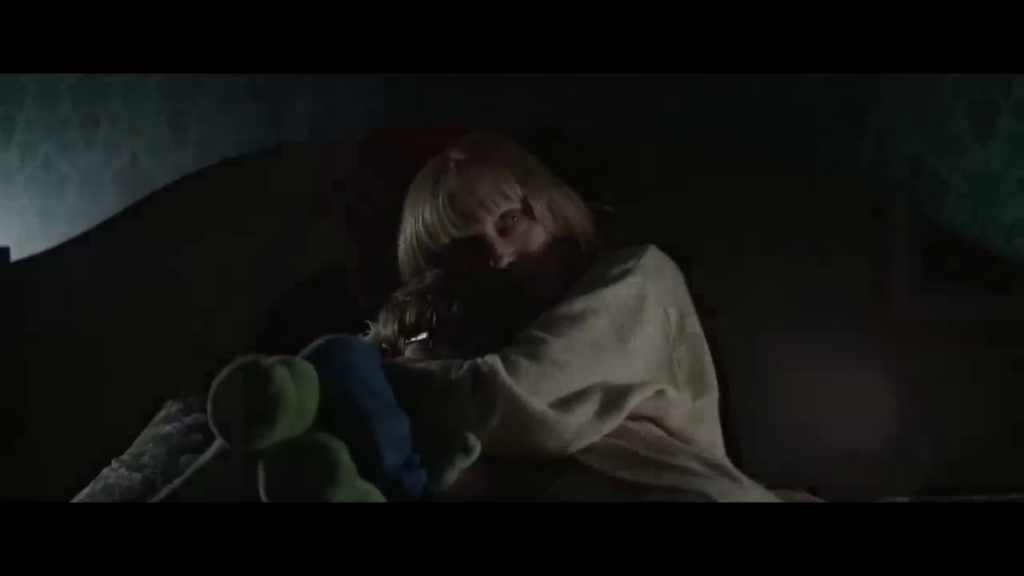
Color Out of Space (2019)
Film review #652
Director: Richard Stanley
SYNOPSIS: Nathan Gardner moves his family to a remote farm after his Wife’s cancer surgery. One night, a strange meteorite crashes near their home, exhibiting a strange colour. Over the coming days, the family begin to experience strange events that leave them bemused and suffering as their reality slowly unravels…
THOUGHTS/ANALYSIS: Color Out of Space is a 2019 film based on H.P. Lovecraft’s The Color Out of Space. Retold in a modern setting, the film follows Nathan Gardner (Nicholas Cage) moving his family to his late Father’s farm after his Wife’s successful surgery. A meteorite crashes near the house and starts to affect everything around it, leaving the family to try and survive the psychological nightmare they are in. As the minds of the family members unravel due to the warping of reality around them, we are subjected to a host of horrors and strange events, combining gruesome body horror reminiscent of The Thing with the psychological unravelling of the inhabitants of the house. With both of these themes swirling around, there is a lot going on in the film that assaults the senses from multiple directions. I did feel that the film didn’t really flow and progress in a natural way as reality slowly degraded, but you could argue that was the point. The film doesn’t really lead anywhere, and the characters are mostly left to be subjected to the meteorite’s bizarre influences, which again, you can argue is the point. The otherworldly use of colour is pretty cool at points, but I can’t help but feel it had a lot more potential in wrapping itself round the events that happen throughout.
Another thing which might either help or hinder your enjoyment of this film is the acting: the characters all have their own quibbles and quirks that come out when things get weird, but there’s no real character arcs to get stuck into. Nicholas Cage brings his typical unhinged acting into his role as his character slowly unravels, and you might find this distracting or appropriate considering the weirdness that’s going on. The family rarely act like a family given their disparate characters, and it doesn’t really come together on that point. There’s hints about the past of some of the characters and their trauma, but it’s never fleshed out or dealt with. The other characters, such as hydrologist Ward and squatter Ezra (Tommy Chong) are quite nebulous and only really serve exposition or an outsider narrative view.
There’s definitely an attempt put in to capture the weirdness and otherworldly aspect of a Lovecraft story. Color Out of Space does its own interpretation, blending psychological horror with physical gore that is made very well, and showed off just enough to capture the imagination. It is unsettling, and it aims to be unsettling, so I think it works in this respect. This does lead to a lack of coherence in the plot, as there’s little direction or progression, and the acting is all over the place. I personally found this very hard to get into, but appreciated some of the effects; it’s just a shame they didn’t cohere around a cleaner narrative.
-
#642 – Jiu Jitsu (2020)
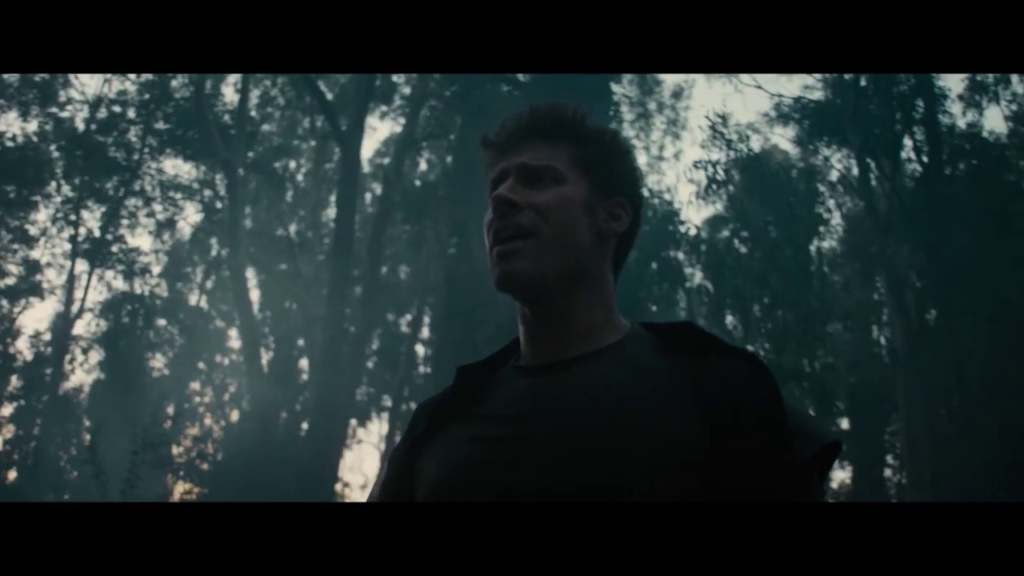
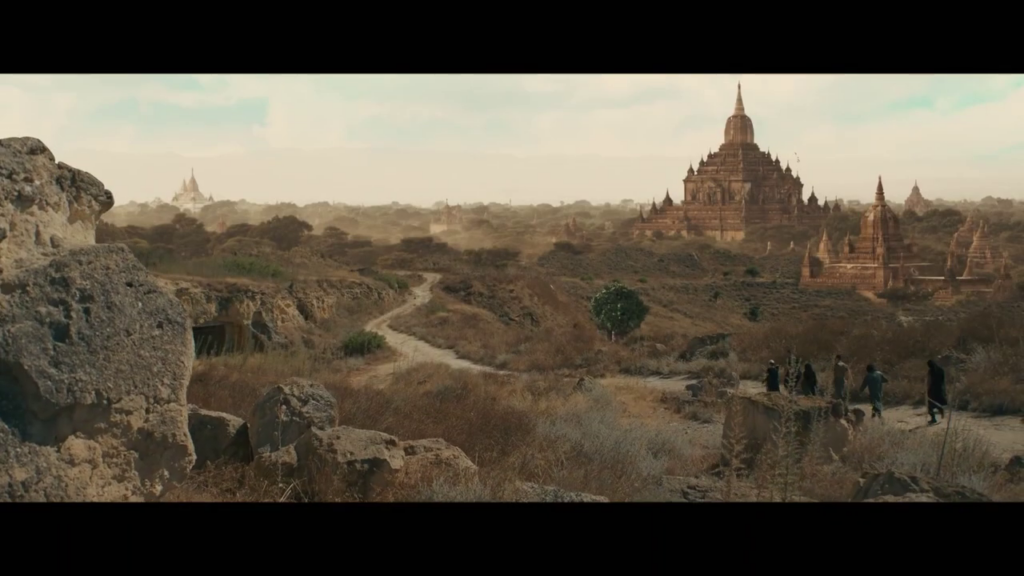
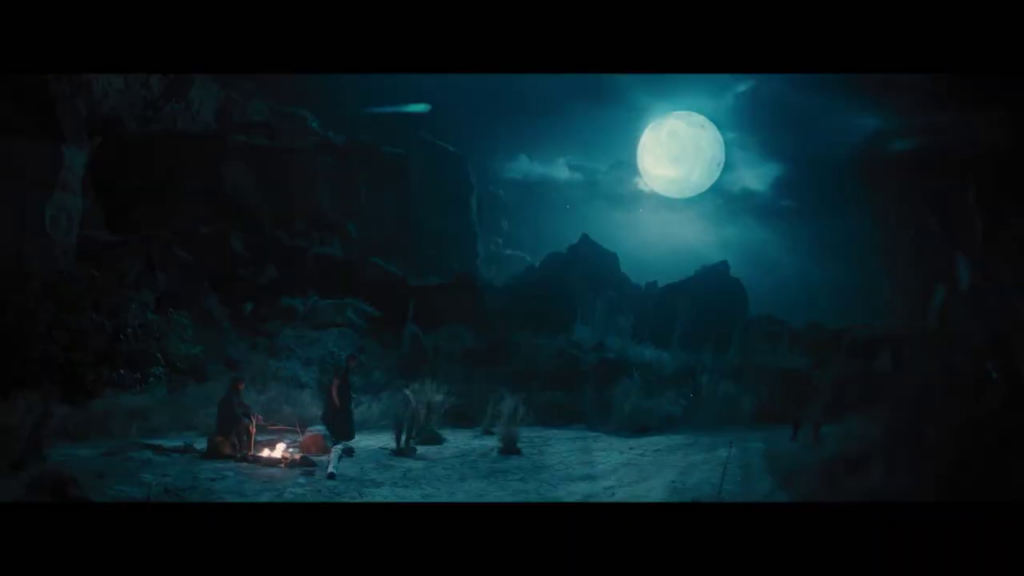
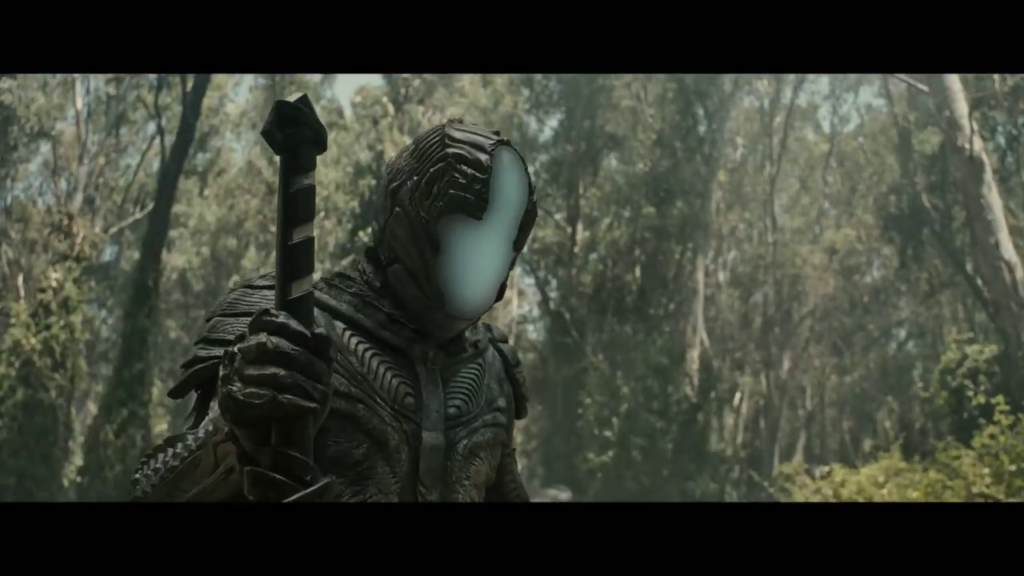


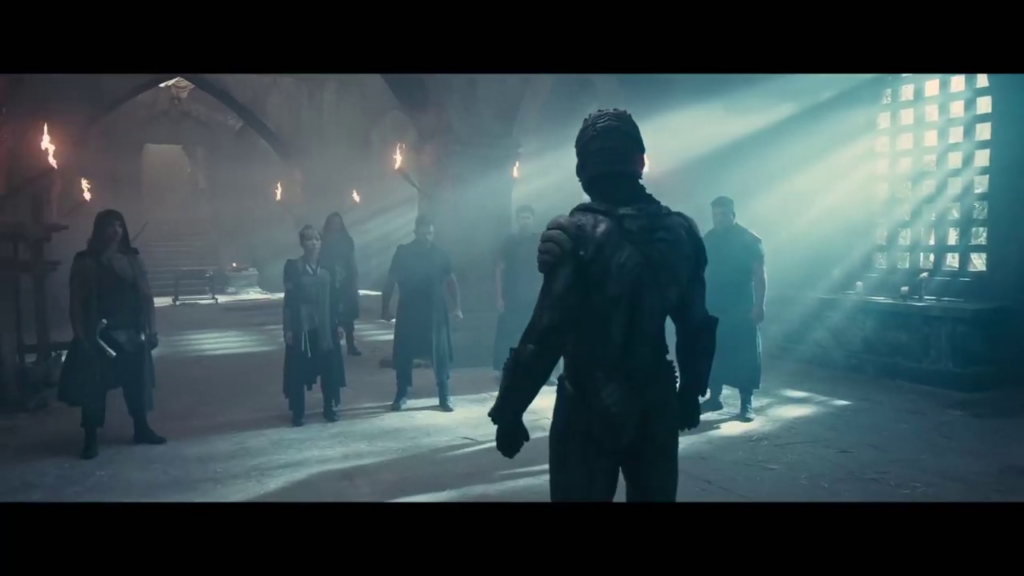
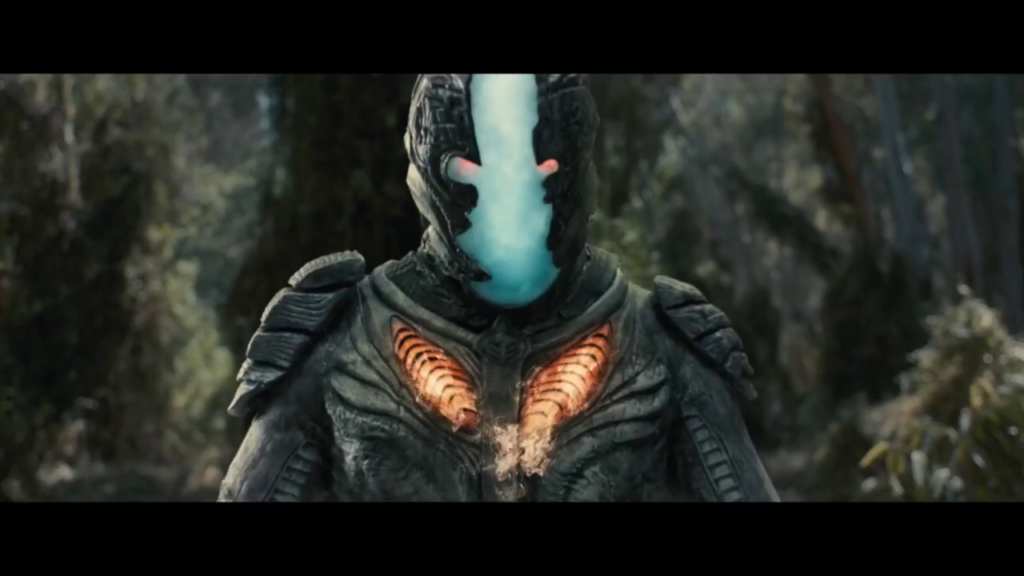
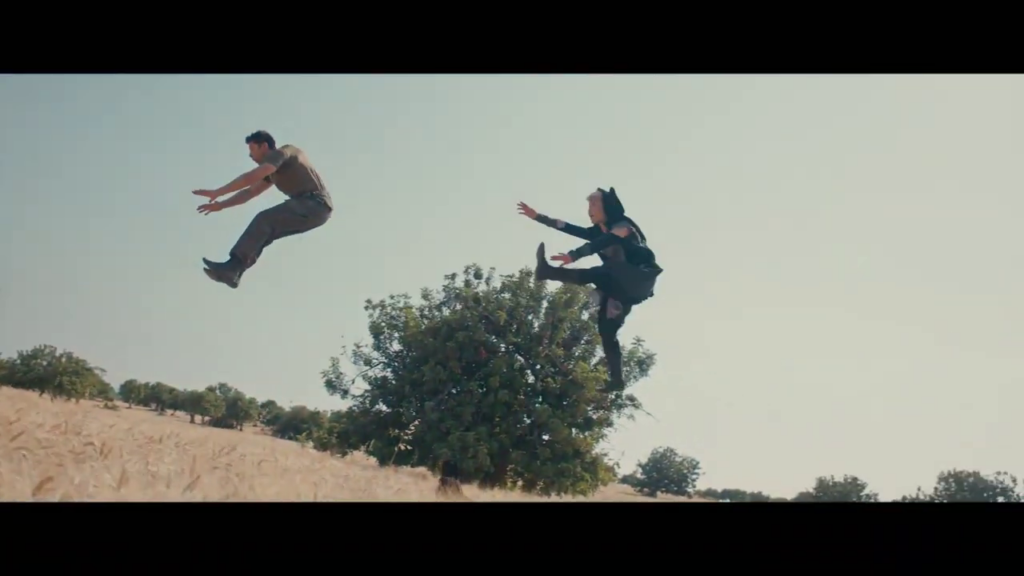
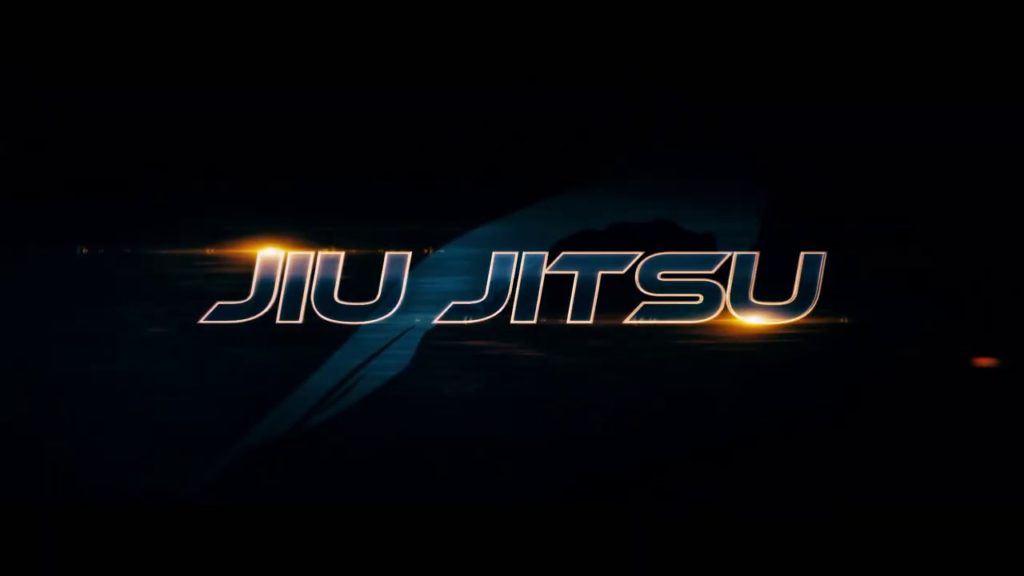
Jiu Jitsu (2020)
Film review #642
Director: Dimitri Logothetis
SYNOPSIS: Jake Barnes awakens at a military outpost in Burma with no memory. He is broken out of the base by a group of jiu jitsu fighters who tell him that he is one of them, and they are tasked with defeating an alien invader that visits Earth every six years, and who will destroy it if they fail to defeat him…
THOUGHTS/ANALYSIS: Jiu Jitsu is a 2020 sci-fi film. A secret order of jiu jitsu fights must off an alien invader that visits every six years through a portal in a Burmese temple, and if they fail, the alien will destroy the world. That’s basically the whole plot, and is essentially Predator with some martial arts. However, it’s complicated by all sorts of nonsense that doesn’t provide any world-building or interesting lore, but just a heap of stuff that distracts and bloats out the runtime. Having Jake lose his memory makes no sense and clearly serves no reason other than to have the plot explained to him for the viewer’s purpose. The martial arts itself is fine, but it often feels so forced, in the sense that the situations people are in don’t seem to call for specific actions, and it just doesn’t flow right. Copious amounts of dialogue try to say things or put the pieces of the world together, but serve to ultimately just make things more bloated. So much in this film is unnecessary fluff that doesn’t go anywhere or develop into anything.
The characters are all one dimensional and uninteresting. Even the ones that are obviously trying to fill certain roles (comic relief etc.) fall flat. Nicholas Cage doing his typical crazy act doesn’t really work here either. For a martial arts movie, there’s a lot of stuff that actually gets in the way of the martial arts (none of it is actually jiu jitsu, by the way). The film sometimes opts for a comic book style transition between scene, which somewhat makes sense, but doesn’t commit to it for more than a third of the film. For some reason as well, there’s portions of fight scene near the beginning of the film that are shot from a first-person perspective, which makes no cinematic sense, and is completely at odds with the rest of the film: again, if you’re going to use one of these techniques, then at least commit to it. I honestly can’t fathom what the vision or direction is in this movie: it’s just stuff thrown in front of the camera, and any attempt to justify it somehow makes everything worse. It’s not even something you can just mindlessly enjoy either, it’s just too baffling and inconsistent to not pay attention to. It’s not that the cast is bad either; they’re just given nothing to do or to work with. I honestly can’t work out what this movie’s vision is or what it is trying to accomplish, and obviously no one else could either: the film was an absolute bomb at the box office. Jiu Jitsu is a poor attempt at martial arts and sci-fi where nothing hits home.
-
#630 – Knowing (2009)
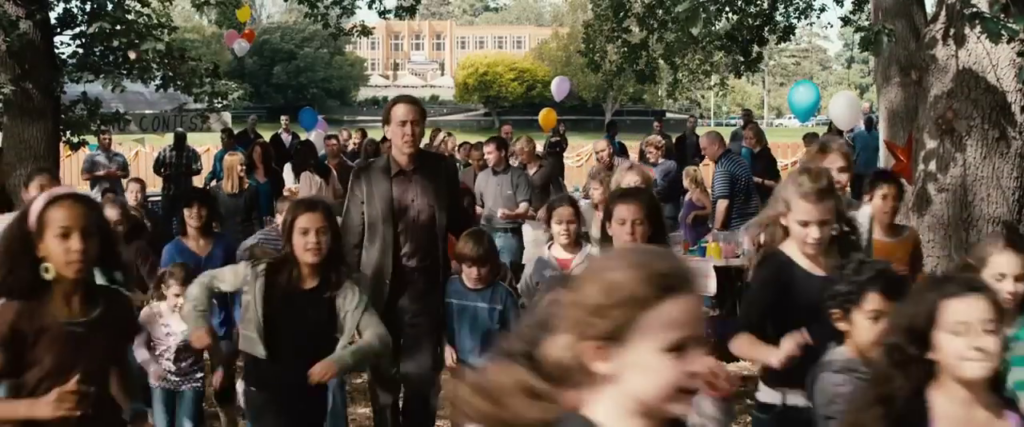
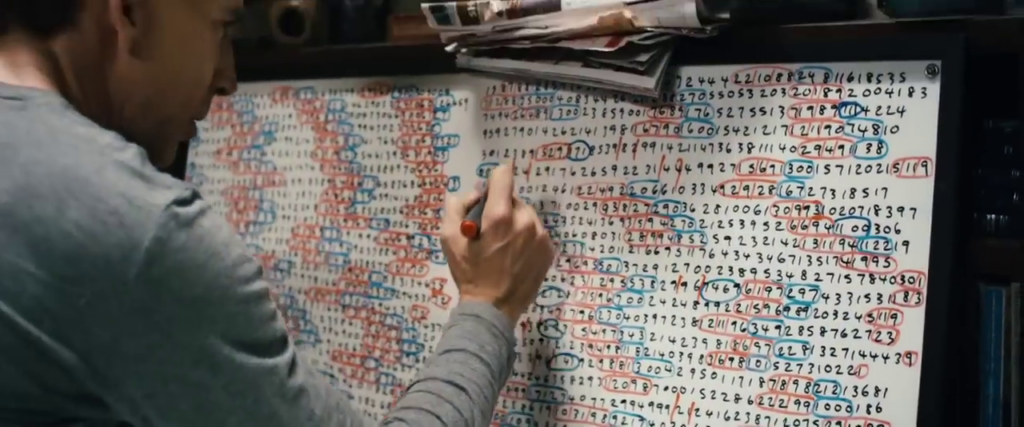
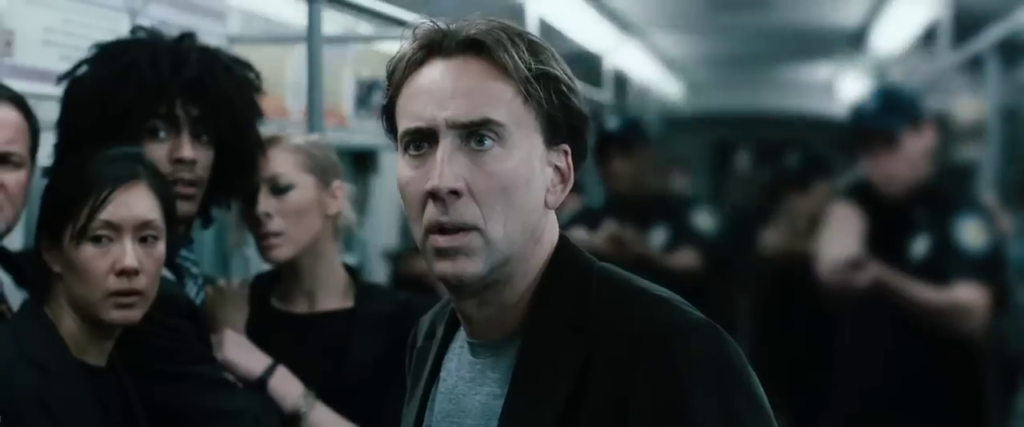
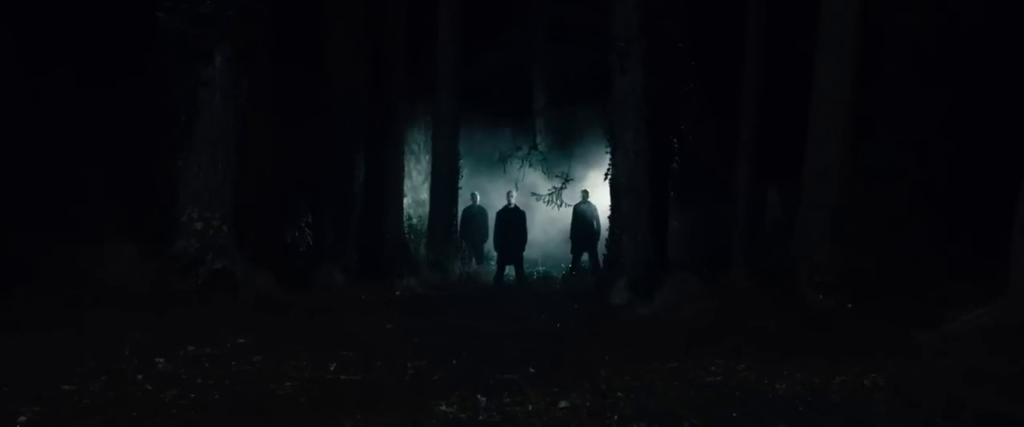
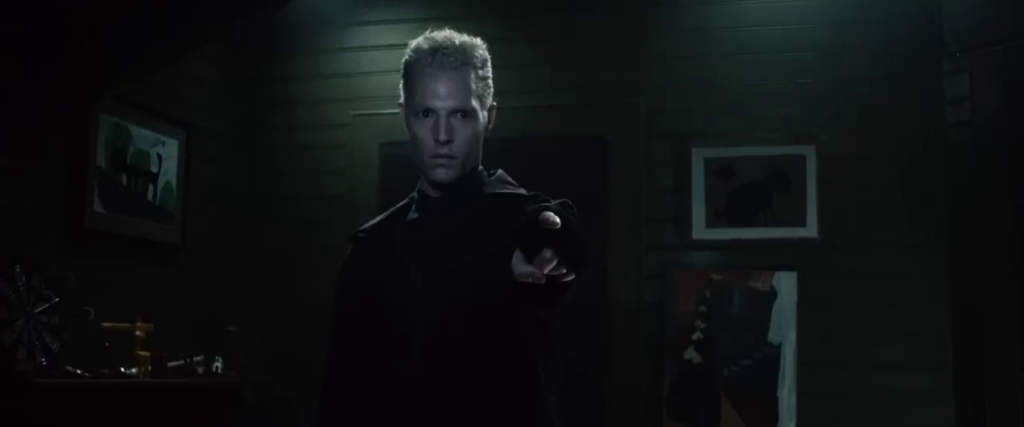
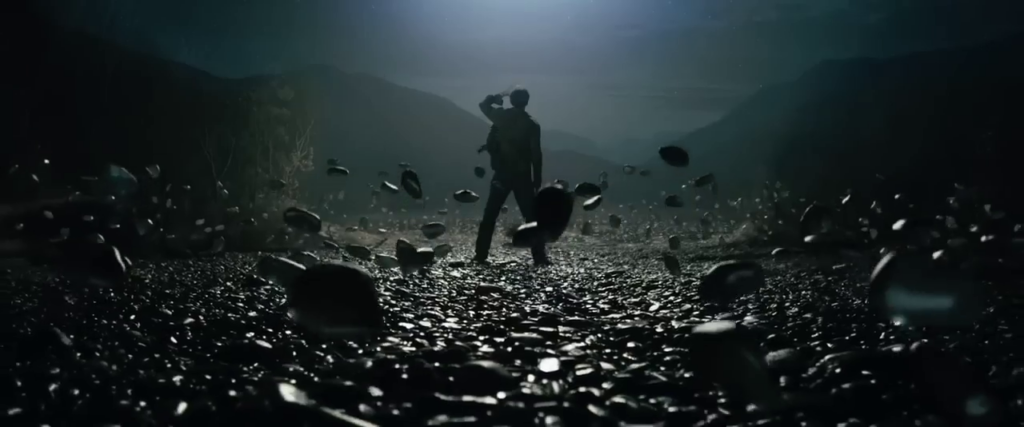
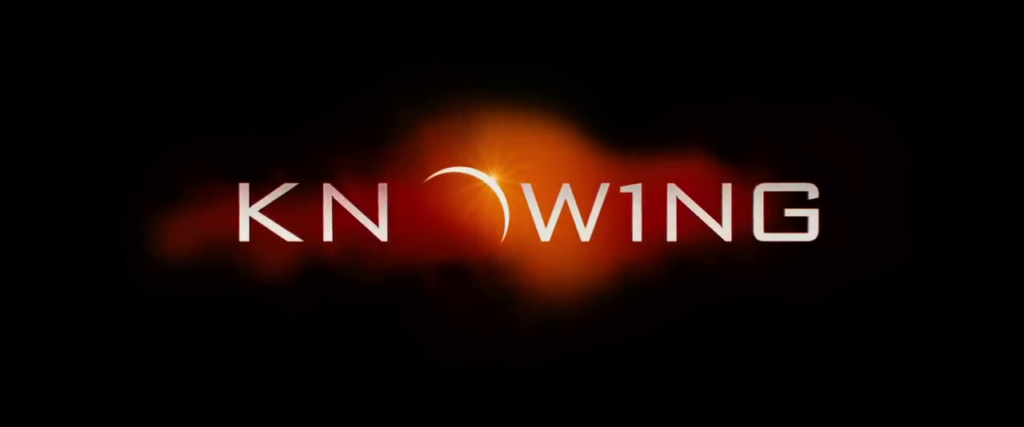
Knowing (2009)
Film review #630
Director: Alex Proyas
SYNOPSIS: A fifty year old time capsule is dug up at an elementary school, and each child gets a picture placed inside of what they think the future will look like. One child, Caleb, gets some sheets of paper filled with numbers. His Father, John, notices that the numbers correspond to the dates of disasters and how many people died. When the numbers predict upcoming disasters and the end of the world too, John must find a way to keep his son safe…
THOUGHTS/ANALYSIS: Knowing is a 2009 sci-fi film. When a fifty-year old time capsule is dug up outside an elementary school, pupil Caleb Koestler receives a letter from inside filled with numbers. His Father, MIT Professor John Koestler, notices that the numbers correspond to the dates of disasters and the numbers killed. With similar disasters predicted in the numbers, John races against time to try and stop them. Thrown into the mix is the death of John’s wife over a year ago still hanging over him, a strained relationship with his parents, a philosophical quandary between determinism and randomness, and the end of the world. There’s a lot going on here. The problem with all this stuff floating around is that nothing really coheres into a central core of the film. There seems to be no real drive about what to do with the information contained in the numbers. Obviously John tries to stop the events from occurring…well, one, but then the film pivots to just accepting that it can’t be stopped, resulting in an ending that just really throws out any kind of mystery and intrigue and kind just…accepts fate, leading to abrupt resolutions of different aspects that aren’t particularly satisfying. I guess the main thread through the film is meant to be the relationship between John and his young son, but this never really develops in any way, alongside lead actor Nicholas Cage’s usual uneven ability to deliver emotional moments. Any time the film tries to express this relationship, it just feels very forced.
The whole philosophical debate between randomness and determinism is not explored in any great detail, and it’s barely addressed beyond the opening. The film does hit you over the head a bit with making John an MIT Professor on randomness and determinism, and it feels like there’s little room for nuance. There’s a few good scenes in here that grasp these disasters well, but it’s difficult to really link them all together. There just doesn’t seem to be anything to do or anywhere to go with these numbers beyond the fact that they have predicted things that happened. The film gives us some big disaster set pieces which have a good sense of destruction and chaos, but are let down by poor CG. The final act of the film flips the story on it’s head, and decides that the aim is not to predict and stop disasters, but to actually end the world and just accept it. This isn’t something that’s really built up in the film, and just undoes any work it put in. Having a certain amount of ambiguity with the “Whisper People” doesn’t really work either, and just what could be a grounded, serious drama and just adds nondescript aliens where they’re not needed.
Overall, Knowing doesn’t seem to know what it is or where it is going. It fails to deliver on an emotional drama between a Father and Son, and fails to impress with it’s philosophical footing on the debate between randomness and determinism. A few good scenes and moments whose impact are undone as the film loses its way towards the finale.
